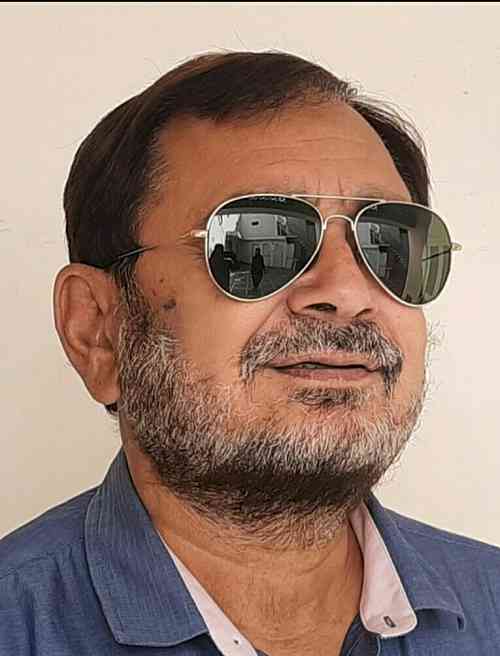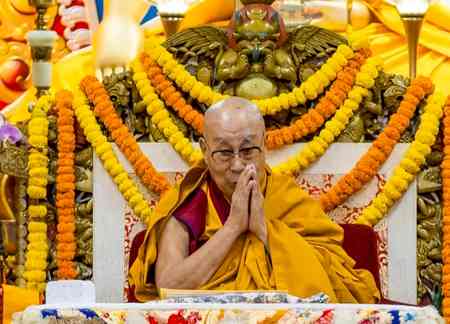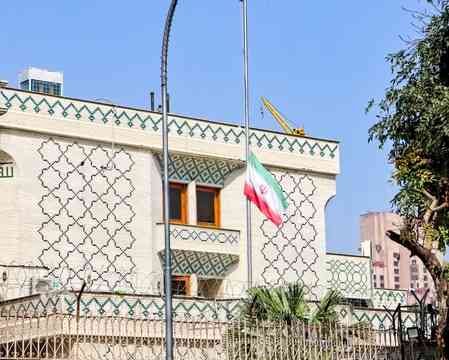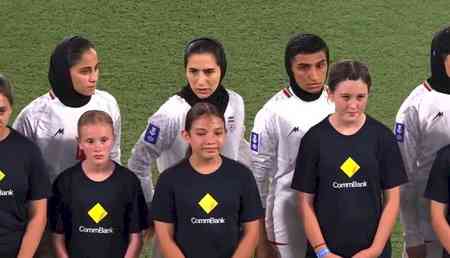Working to help India achieve PM Modi’s target of 10 million solar rooftops: Australian envoy (IANS interview)
Australian High Commissioner Philip Green said on Thursday that Australia’s principal effort in bilateral energy collaboration at the moment is to ensure that India is best placed to develop Prime Minister Modi's ambition of 10 million solar rooftops and experts from Down Under are helping to train the workforce for that.
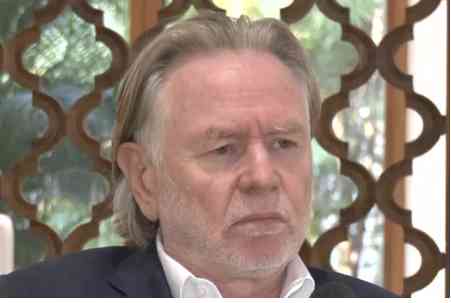
New Delhi, Nov 27 (IANS) Australian High Commissioner Philip Green said on Thursday that Australia’s principal effort in bilateral energy collaboration at the moment is to ensure that India is best placed to develop Prime Minister Modi's ambition of 10 million solar rooftops and experts from Down Under are helping to train the workforce for that.
“Australia is a country that has a lot of expertise in these fields. I think you may know that all of the modern technology for solar rooftops has the PERC technology in it, which was pioneered in the University of New South Wales in my hometown, Sydney, and we have as many international patents in the field of renewable energy as, for instance, a global tech major like Germany has. So, we want to bring some of the best of that tech to India,” Green told IANS in an exclusive interview.
Green said Australia is the country with the highest deployment per capita of solar rooftops in the world, and efforts were on to put together an academy in Gandhinagar, which will be able to train more than 2,000 people, mostly young people, mostly women, in the technologies that they need to deploy solar rooftops. In terms of technology, this is a huge field of capability, he added.
He also said that he was holding a meeting tonight at the Australian High Commission here, bringing together a group of Indian business leaders with a group of Australian scientists and tech players to find ways of technology transfer so that India can make the most of its solar and broader renewables ambitions.
“Australia is a country with a high level of innovation and ingenuity, but we don't have a large population, and we are not so closely connected to global supply chains in tech in the way that India is. So what we want to do is connect Australian tech ingenuity with Indian global capability and reach. And we're doing that through firms like Infosys,” he explained.
He also said that India and Australia are already deeply into a partnership in critical minerals.
“What we're seeking to do is to create a direct supply chain in critical minerals like lithium, which India needs. You're to have big demands for batteries and electric vehicles, where we produce more than 50 per cent of the world's lithium. But we want to develop and include the processing piece, a direct supply chain in lithium or cobalt or whatever. We're in deep discussions about how we achieve that,” Green said.
He further stated that the leaders of the two countries last year decided to update the long-standing bilateral defence and security statement, and work is going on in this right now.
“We are building a new maritime security roadmap so that in this very important sphere that we are working closely together,” the high commissioner said.
He also said that an Australia-India economic roadmap is identifying the big opportunities for deeper cooperation in various sectors, and the trade ministers are working quite closely together on a second phase of the bilateral free trade agreement (CECA).
“So, across all of these domains and many more, including education and tech, critical minerals, we have some big future hurdles to cross,” Green said.
--IANS
sps/dan



 IANS
IANS 

